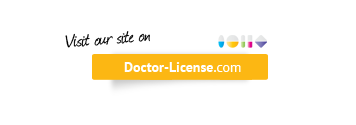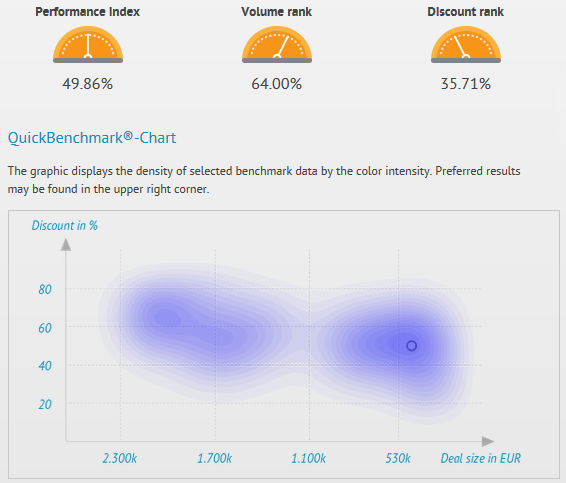While extending their offering to more vendor coverage, License12® sheds new light to the year-end vendor talks or actual software procurement negotiations. The price-benchmark data base has been enriched with 40% more data and is now capable to deliver crucial comparisons for the leading software vendors. Based on customer context data, the analysis can be derived ad-hoc. To attract even more customers, License12 has disclosed a special offer: Until Christmas, the access and use of ‘QuickBenchmark®’, the ‘light’ version of the License12® price benchmark without a full contract scan, will be free of charge for new customers and prospects. What does this mean for you?
- Customers can experience QuickBenchmark® in production without cost and gain an understanding of License12 Benchmarks.
- They may perform peer comparisons with current proposal data and check if there is room for further negotiations.
- They can register for a personalized sand box, filled with demo data, to test the extended functionalities associated with contract data, in particular the analytics of ContractCompass®.
Gaining acces to the benchmark is quite easy: A button on the homepage License12 leads to short peer selection and generates a PDF that is sent to the requester’s eMail with all relevant contextual information! There is further information on the Q&A of QuickBenchmark®.


